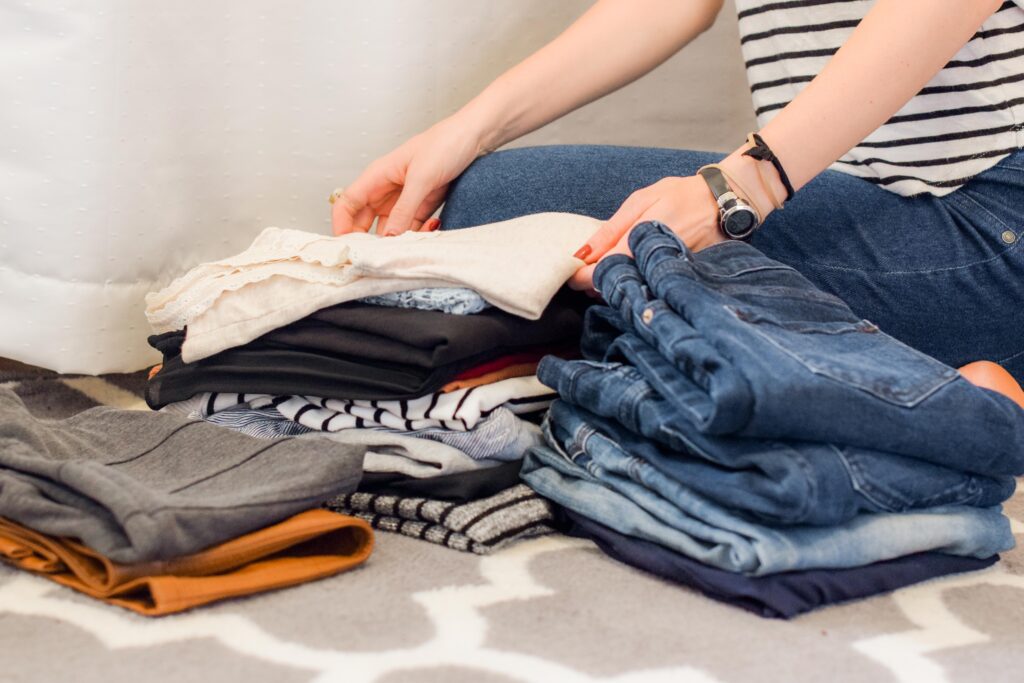If you ask anyone who has known me for a while, I used to love stuff. In previous years, I’ve collected rocks, coins, souvenirs, lip balms, stuffed toys, posters, you name it! Only when I moved to university- and tried to cram all my belongings into a dorm room, I realized I had way too much. Trying to organize and juggle my belongings in that tiny room and hauling them back home for the summer made me reconsider owning it all. The following year, I had much less. Take a look below!
year one- Too Much Stuff
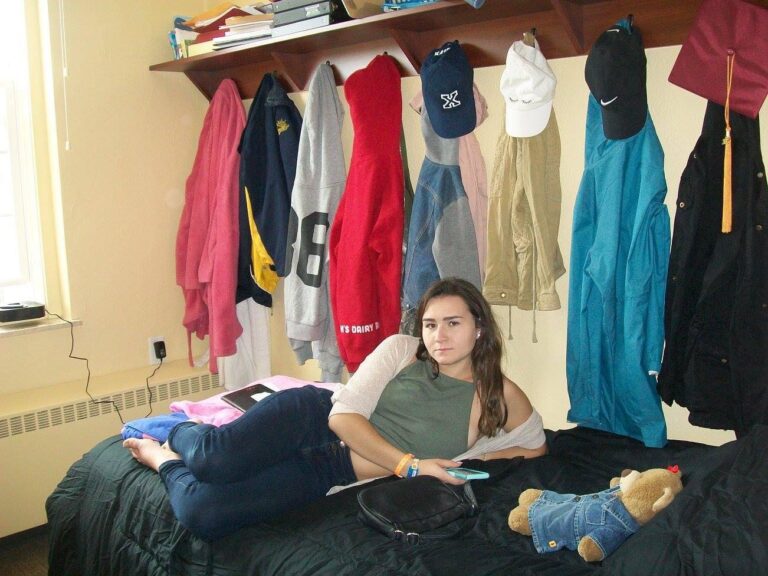
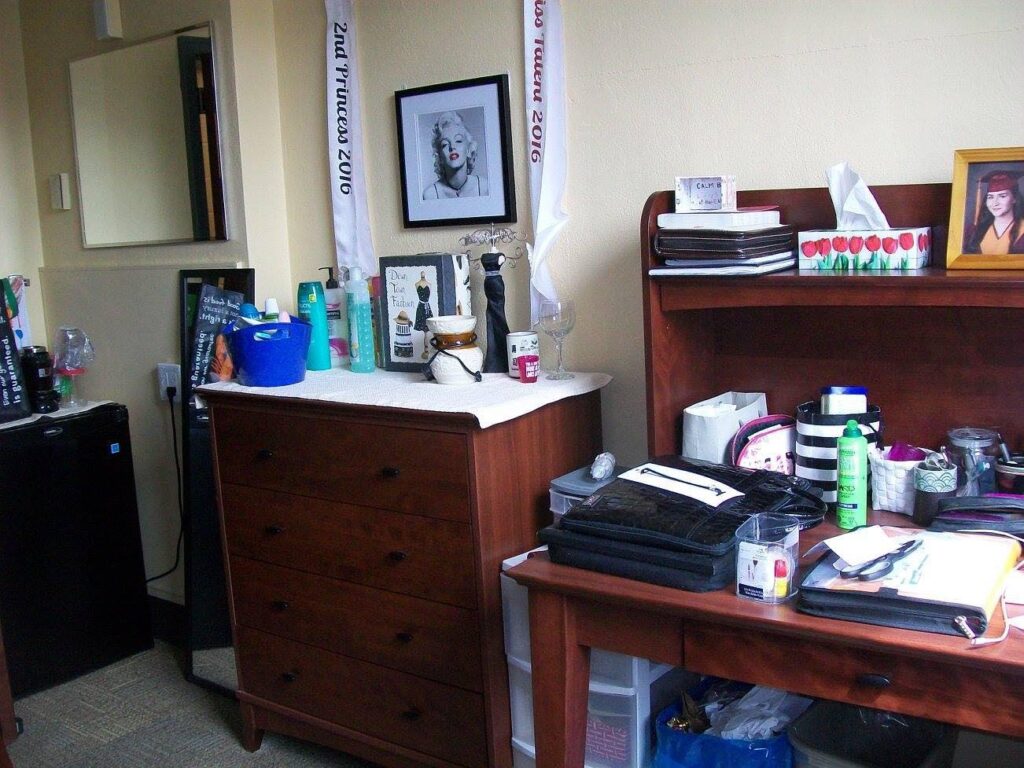
Year Two- Living with less and Happier
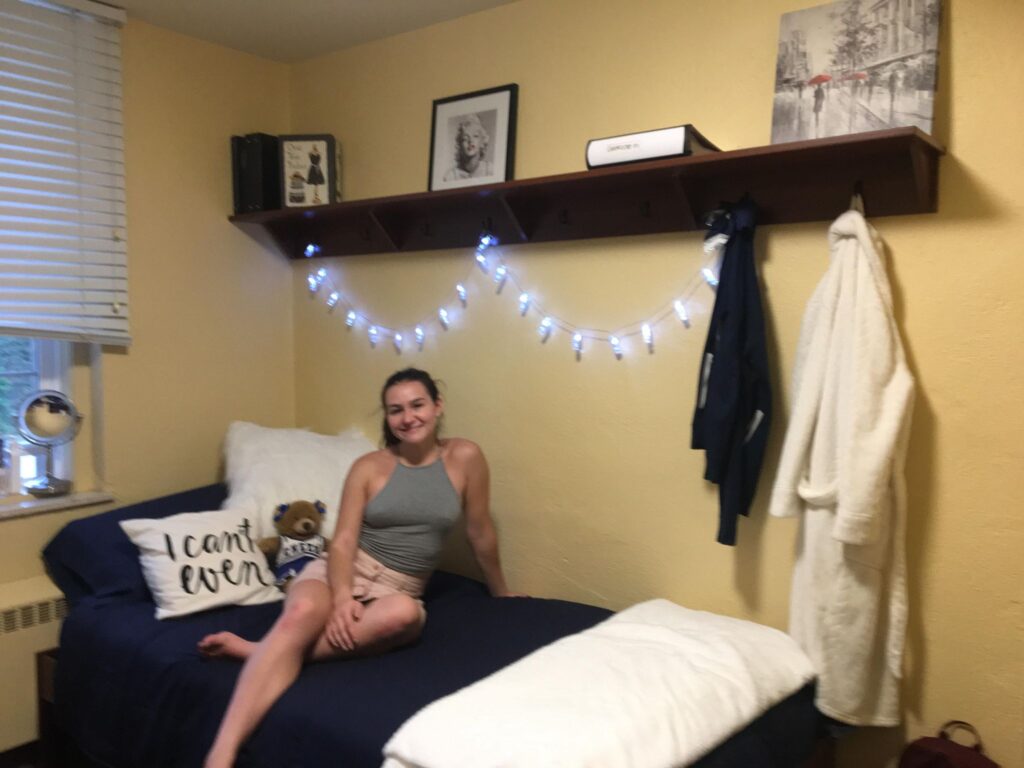
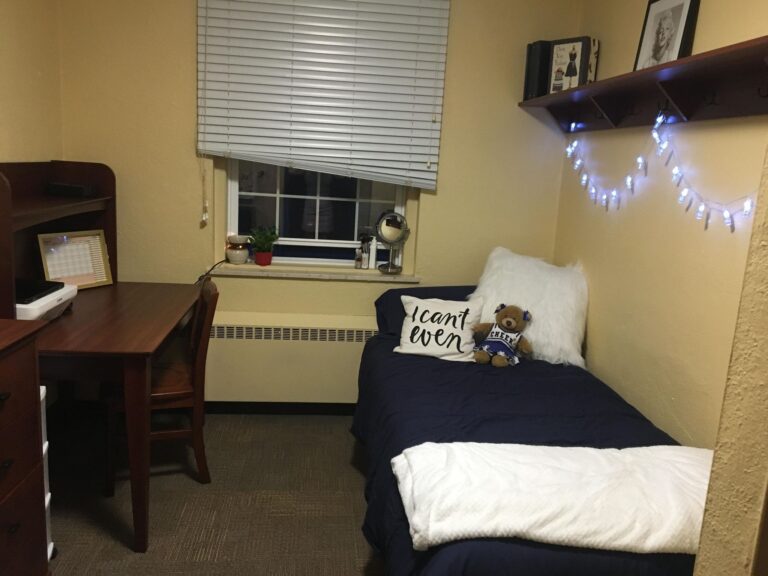
As you can see in the photos, I am happier with less stuff. I remember being that girl whose family was making more trips to move my things than others. After cramming stuff into the space, I was overwhelmed by the lack of space. The second time around, I looked and felt so different. The feeling of a tidy room is optimal for relaxation, learning and entertainment! Around this time, I dove deep into learning about decluttering and minimalism. I read books, watched videos and read blogs like this! Here are some concepts that have helped me tremendously over time.
1. You can keep the memory without keeping the stuff
Taking photos of the sentimental items can minimize what you need to store. Clothes and other items will often deteriorate over time without meticulous storage. How often have you pulled out a sentimental thing and been discouraged to find that it did not age well? Once they’ve aged and worn, you’ll throw them out anyway. Why should you needlessly store them until they are no good? Your mind is the happiest and safest place to keep and treasure memories. You do not need every physical item to trigger a reminder.
2. Don't Get creative
This is a little phrase I tell myself while decluttering. I think, “If I ever host a themed party, this would be perfect.” “I could bring this if I ever went on a vacation,” or “Maybe this could be a backup in case the one I use gets broken/stained/worn.” These are all hypothetical situations. Chances are, if these situations did occur, I’d forget what I had saved and be going out to buy new things. There can always be a made-up situation in which the item you’re trying to declutter would be handy. However, is the mental and physical clutter of all these “just in case” items worth potentially having it IF you need it? For myself and most others, it isn’t.
3. Remember that your house is not a store
Why should you stockpile items such as toilet paper, makeup, cleaning supplies, or anything? We live in a time when our needs are readily available at the store. Even better, most purchases are available with the click of a button online. Do not feel you must store everything you’ll need in your home. It may be difficult to justify not buying in bulk in the event of a sale, bringing me to my next point- see tip #4.
"Your home is living space, not storage space."
Francine Jay Tweet
4. Do not buy it just because it is on sale
Sales are the way to an over-consumer’s heart. There will always be sales. Ask yourself if you’d still be buying what you’re buying if it wasn’t on sale. If the answer is no, put it back. Many people purchase in bulk when something they like is on sale, but this spending problem can even take effect with something they don’t like or have never tried. It may be worth it if you know you already use the item and can calculate how long it’ll take you to use it up. If you don’t like the product, chances are you won’t want to suffer through using it all up just because you got it on sale. You’ll get fed up and buy what you want, not saving anything. You’re spending more this way. Buying things you have never tried poses this risk, too. It may be an excellent time if you’ve known you wanted to try the item for a while. If it was never on your radar before, it is best to stick to what you know and love and resist the temptation of the sale.
5. Choose what you want to keep, not what you want to get rid of
This tip originated from Marie Kondo, a decluttering and minimalism expert. Choosing what to keep instead of what to declutter helps shift your mindset into only keeping the things most important to you. The items you gravitate to first will separate the important from the unimportant or what brings you joy versus no joy. This method will give you a clearer picture of what stuff means the most and hopefully make your journey easier.
6. Set a space limit
Close your eyes and picture what the perfect, clutter-free space looks like. With this in mind, limit how much you keep based on how you want the area to appear. Drawers get overstuffed with mismatched items, causing them to be unpleasing to the eye and stressful to navigate. You spend extra time looking for things while getting ready. Picture what you want each space to look like and fill it accordingly. Fill it up until it looks the way you want. Then, stop there and get rid of what doesn’t fit. Are you going to miss that stuff? Likely not when you experience the benefits of your new, simple and curated space.
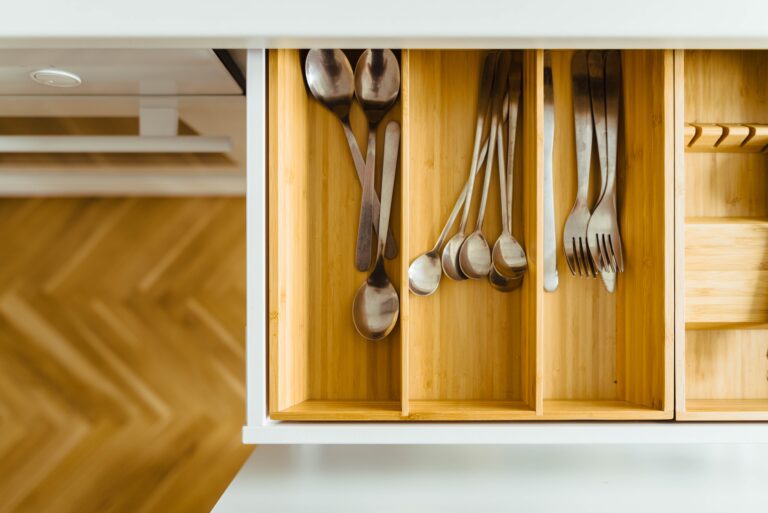
7. Cut your losses
A barrier to decluttering is the idea that you must keep stuff because you spent good money that you can’t get back. Even going through the hassle of selling items only replaces a fraction of what you spend on them. Again, the mental toll it takes on you to keep belongings that don’t serve you is a significantly greater cost than what you spend on the items. I have found this to be confirmed once I’ve donated the items. Suddenly, the guilt of what the item cost is gone because I feel so renewed in my space. Once it’s gone, it won’t matter. Cut your financial losses and gain mental and physical freedom in your home. It is a fair trade. You are also doing someone else a favour since your trash is their treasure.
8. Ask yourself, “If I was shopping right now, would I buy this?
Or “Would I replace this if it broke/wore out.” Things shouldn’t hold significance only because they are already in your home, but they often do. If you wouldn’t buy or replace it, it probably doesn’t have enough value in your life to be worth keeping. Declutter!
I hope that these principles bring you clarity and freedom in your space. You deserve to feel in control of your home and possessions. Minimalism and decluttering have many incredible benefits. Experts on the topic report decreased stress levels, more time with family/friends, enjoying hobbies, improved physical health and increased overall life satisfaction. I can vouch for this, and with these tips, you will soon be able to! Good luck!!

